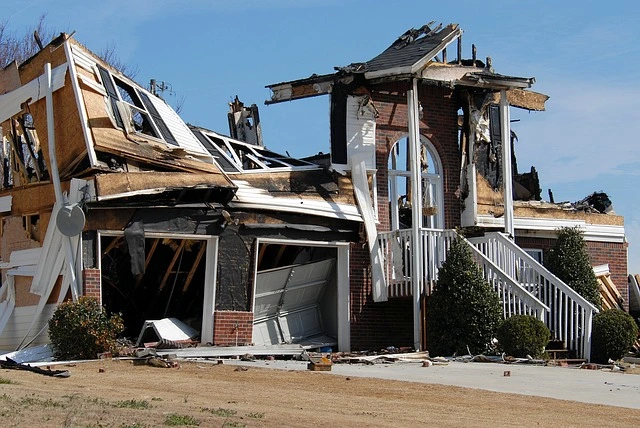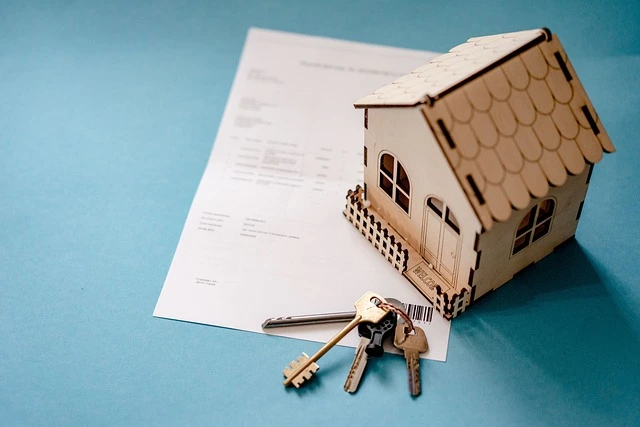As the LA fires rage these days and we all fill serve as a stark reminder of how quickly life can change. Whether it’s a wildfire, flood, or unforeseen accident, disasters often strike without warning. For homeowners, being prepared isn’t just about stocking up on supplies; it’s about securing the right insurance to protect your home and fully cover all your belongings.
1. Understanding Your Risks

Home insurance coverage isn’t one-size-fits-all.. The types of risks you face depend on where you live and the specific characteristics of your property. For getting fully home insurance coverage start by evaluating:
- Natural Disaster Risks: Are you in an area prone to wildfires, floods, hurricanes, or earthquakes? Standard policies often exclude certain natural disasters, so additional riders or separate policies might be necessary.
- Home-Specific Risks: Consider the age of your home, its materials, and its systems (e.g., electrical and plumbing). Older homes may require more extensive coverage due to higher vulnerability.
- Crime Rates: If your neighborhood has a history of theft or vandalism, ensure your policy covers these risks.
Knowing your risks allows you to choose the right policy and avoid surprises when filing a claim. For example, if you live in an area prone to flooding but don’t have flood insurance, a heavy storm could leave you with devastating out-of-pocket costs.
2. Choosing the Right Home Insurance Company
Finding a provider that offers reliable home insurance coverage can make all the difference during a crisis. Not all insurance companies are created equal, and the wrong choice could leave you struggling during a crisis. Here’s how to find the right fit:
- Research and Reviews: Look for companies with a strong reputation for customer service and claim resolution. Check online reviews and ask friends or family for recommendations. For instance, a neighbor’s experience with timely claim payments could be invaluable.
- Financial Stability: Ensure the company has the resources to handle large-scale claims, especially in disaster-prone areas. Independent rating agencies like A.M. Best or Moody’s can provide this information.
- Customization Options: A good insurer will offer flexible policies tailored to your needs. Ask about add-ons for specific risks like earthquakes or high-value personal property.
- Customer Support: Choose a company with 24/7 support and easy-to-access claim services, especially if you’re likely to face emergencies. Imagine being stuck in a hotel after a fire, trying to navigate a claim—having responsive support makes all the difference.
3. Making the Contract Work for You

Insurance contracts can be overwhelming, but understanding the fine print is critical. Keep these tips in mind:
- Understand Coverage Types:
- Replacement Cost Coverage: Pays the cost to replace your home and belongings at today’s prices. For instance, if your five-year-old TV is destroyed in a fire, this coverage would replace it with a new one of similar value.
- Actual Cash Value: Considers depreciation and pays what your property is currently worth. That same five-year-old TV might only fetch a fraction of its original cost under this type of coverage.
- Check Deductibles: Higher deductibles lower your premiums but can strain your finances in an emergency. Strike a balance that works for your budget.
- Look for Exclusions: Be aware of what isn’t covered, such as certain natural disasters or high-value items like jewelry and art. Add riders if necessary. For example, if you own expensive photography equipment, ensure it’s explicitly covered.
- Bundle Policies: Many insurers offer discounts if you bundle home, auto, and other policies. This could save you hundreds annually while simplifying your insurance management.
- Negotiate Terms: Don’t hesitate to ask for better rates or improved coverage. Many companies are willing to accommodate, especially if you’ve been a loyal customer.
4. Preparing for Emergencies
The best time to prepare for an emergency is long before it happens. Here are some proactive steps:
- Create a Home Inventory: Document everything you own. Walk through your home and take photos or videos of each room, opening drawers and closets to capture hidden items. Don’t forget to include receipts and serial numbers for high-value belongings. Keep a copy of this inventory in a secure cloud storage or a fireproof safe.
- Secure Important Documents: Store your insurance policy, birth certificates, passports, and other vital documents in a grab-and-go bag. In an emergency, you’ll save precious time knowing everything is in one place.
- Perform Regular Maintenance: Insurers may deny claims caused by negligence. Clean gutters, inspect your roof, and service your HVAC system to reduce the risk of preventable damage.
- Know Your Policy Details: Familiarize yourself with your policy’s limits, exclusions, and claim procedures. This knowledge can save valuable time during a crisis.
For example, after a friend’s basement flooded, they discovered their policy didn’t cover water damage from sump pump failure. If they’d known to add a rider, they could have avoided a hefty repair bill.
5. Maximizing Your Home Insurance Benefits for Full Coverage
When disaster strikes, how you handle the situation can significantly impact the outcome of your claim. Here’s how to get the most from your policy:
- Document Damage Immediately: Take photos and videos of the damage as soon as it’s safe to do so. Be thorough—include close-ups of specific damage and wide-angle shots to show context.
- Contact Your Insurer Promptly: Notify your insurance company immediately to start the claims process. Delays can complicate or reduce your payout. Write down the claim number and the contact information of the adjuster assigned to your case.
- Keep All Receipts: Save receipts for emergency expenses like temporary housing, repairs, and meals. Many policies reimburse these costs, but you’ll need proof.
- Hire Professional Help: Consider working with a public adjuster, especially for complex claims. They can advocate on your behalf and ensure you receive a fair settlement. A neighbor once recovered thousands more on their claim thanks to an adjuster’s expertise.
- Stay Organized: Keep a detailed record of all communications with your insurer, including emails, phone calls, and claim documents. This paper trail can be invaluable if disputes arise.
Disasters may be unpredictable, but your response doesn’t have to be. By taking the time to understand your risks, selecting the right insurance company, and staying prepared, you can safeguard your home and belongings against life’s uncertainties. Remember, insurance is an investment in peace of mind—and when the unexpected happens, you’ll be glad you planned ahead.
Are you ready to take the first step toward better protection from your home insurance coverage? Start by reviewing your current policy or reaching out to a trusted insurer today.




Leave a Reply